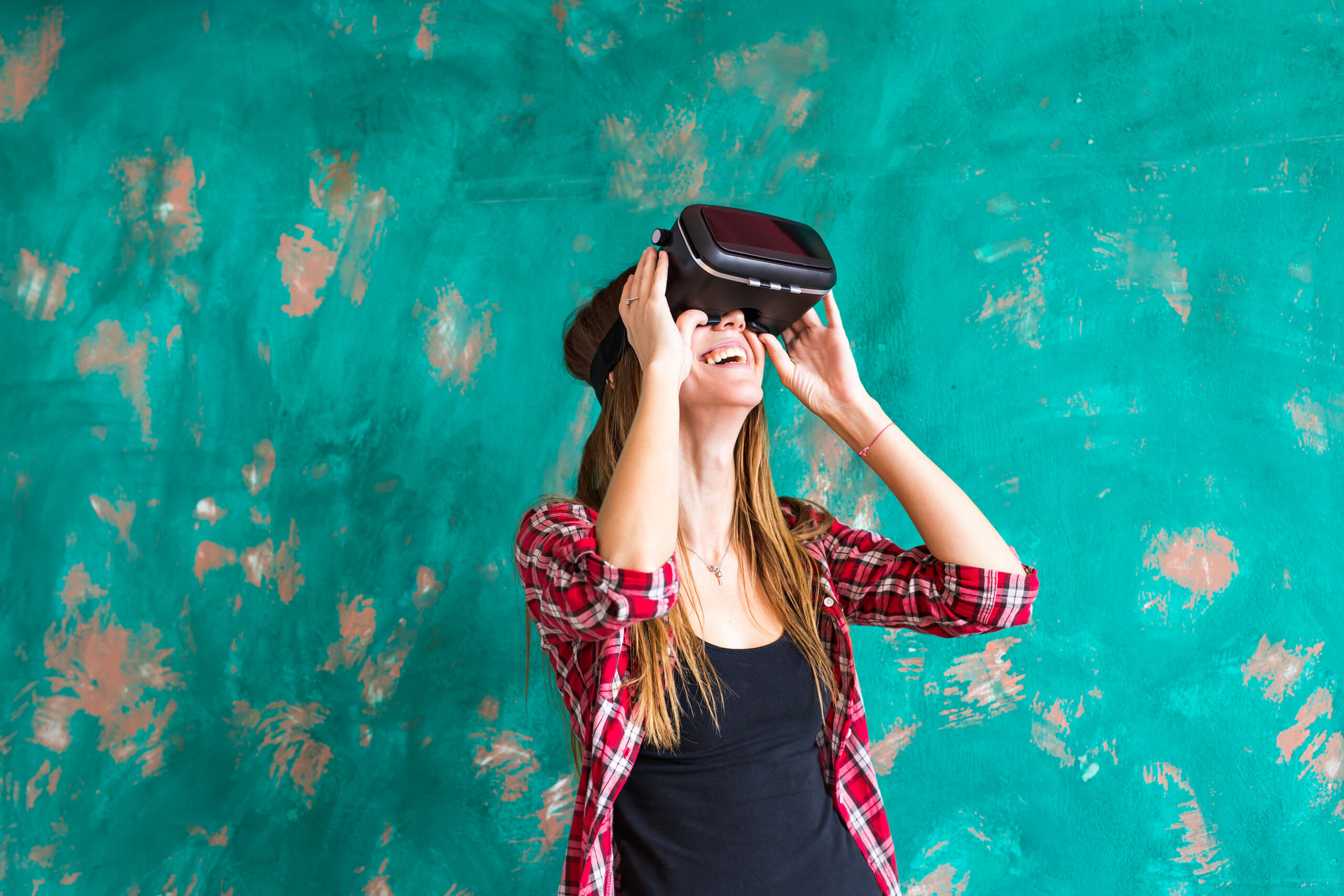To make people want something they didn’t even know existed, and don’t necessarily need (yet), it’s helpful if you make people try it out first. This is especially true when discussing technology – such as Artificial Intelligence or Virtual Reality. For example, our day to day without Amazon’s Alexa seems so unreasonable today. Did we actually get out of bed to turn off the lights without Phillips’ Hue? Did we bother to tap our phones to get the weather forecast or read the news?! But we never actually knew why we would need it, at first.
Virtual Reality is even more difficult to explain. While in some areas – such as education, medicine and gaming – this technology will fast become a prominent phenomenon, in other areas – such as retail and customer service – companies still find it hard to explain why consumers would use it, beyond the gimmick. And the only way to explain why VR is the future of experiences is to actually experience it.
Facebook has recognized that VR is the future of human interaction, and that it might very well nullify social networks and chats as we know them. Beyond the business effect of leading the way with VR, having acquired Oculus, Facebook knows that it needs to position itself with a new, ground breaking technology in order to stay relevant as a brand. But being an innovator means that you also have to build the market and introduce the technology to consumers, so that they will desire it.
So Facebook has set up a booth on Bryant Park’s Pop Up Winter Market (on 6th Ave and 42 St, Manhattan, New York, NY), prompting visitors to experience VR and provide feedback regarding the technology. The experience includes approx. 20 seconds each, of 360 degrees elephant meeting, circus visiting, out of space flying, dinosaur introduction and other highly immersive experiences, that provide a compelling explanation of why VR is the future of… everything.







Companies should start considering VR the same way they should have considered E-Commerce 10 years ago: come into terms with this being a disruptive technology that, once it enters homes, will change the way consumers expect to engage in researching and shopping, as they expect immediate, personalized solutions.
Imagine how your brand can benefit from VR. Learn from the experience of automotive brands who provide virtual driving experiences with early signs of success, bridging the gap between initial interest, trial, and sale.
*Other places to try VR in NYC: the Microsoft store on 5th Ave; and Samsung 837 in SoHo. See http://futureof.nyc for more details.


